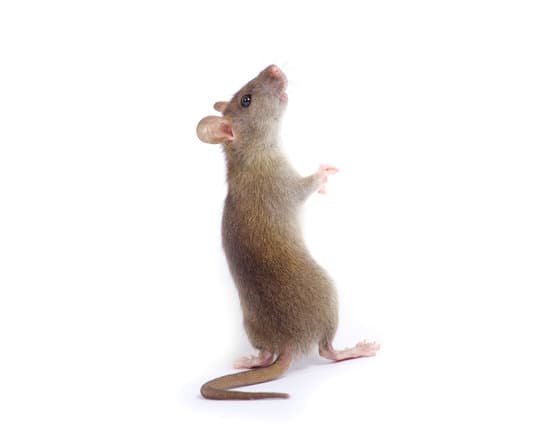How Can Rats Help Humans?
Scientists have studied the emotional response of rats to the distress of other rats in experiments. They have found that certain brain regions are activated when a rat is distressed, such as the nucleus accumbens. This suggests that rats may experience empathy and are able to help others in distress.
In the field of medical research, rodents often substitute for human subjects. They help researchers discover cures for human diseases. Because they are genetically similar to humans, researchers are able to replicate symptoms in rat models. For example, a rat with Alzheimer’s disease will show the same changes in its brain as a human would. It will also develop tangles in its brain and lose neurons, just as humans do.
Rats also have a high resistance to poisons. In fact, rats have a much higher resistance to these chemicals than most animals do. This makes habitat changes the only real solution to rat conflict. Rats are extremely hardy creatures that can survive on a single ounce of food a day. They will eat anything, from food scraps to unseen garbage. Consequently, humans should be cautious when feeding rats because rats can leave behind waste products that may be dangerous to humans.
Some researchers believe that rats are very intelligent and easy to train. They are much smarter than guinea pigs, rabbits, and gerbils. They are even capable of learning tricks and puzzles. This is why they are often used in psychological studies to better understand human behavior. Furthermore, rats are social creatures and love to hang out with humans and other members of the family.








